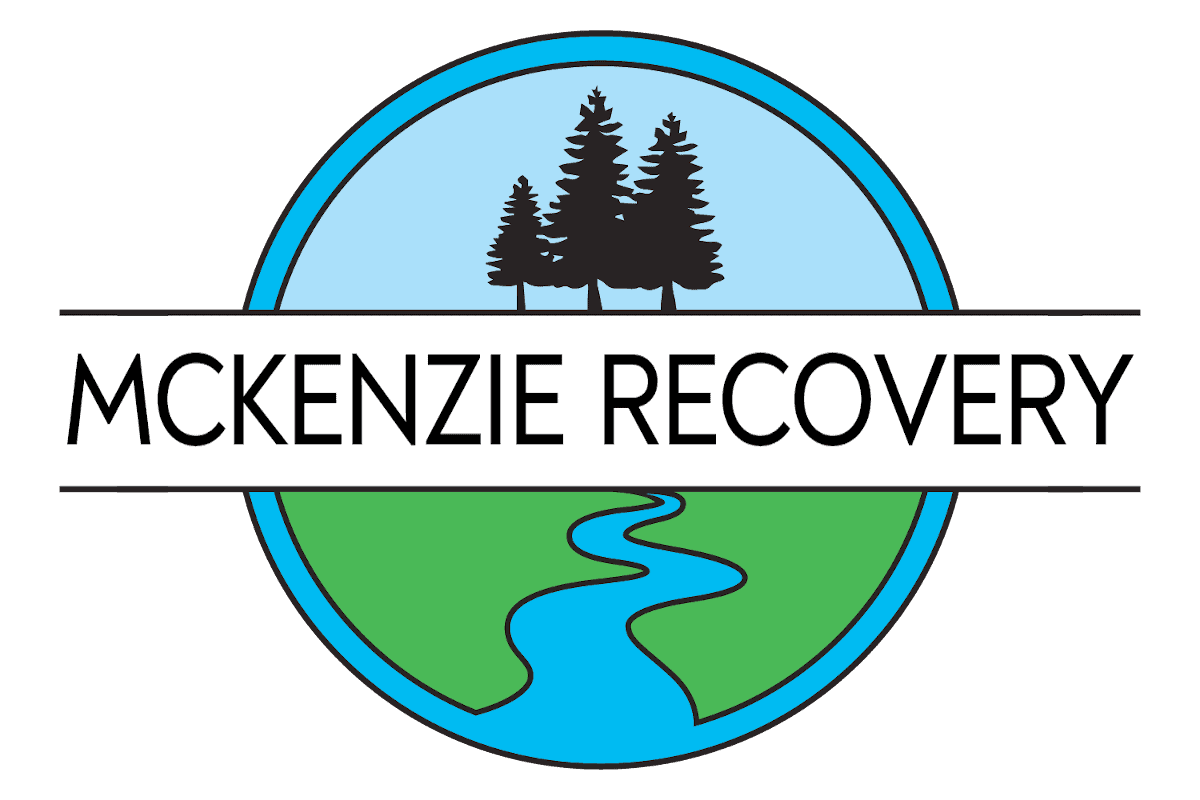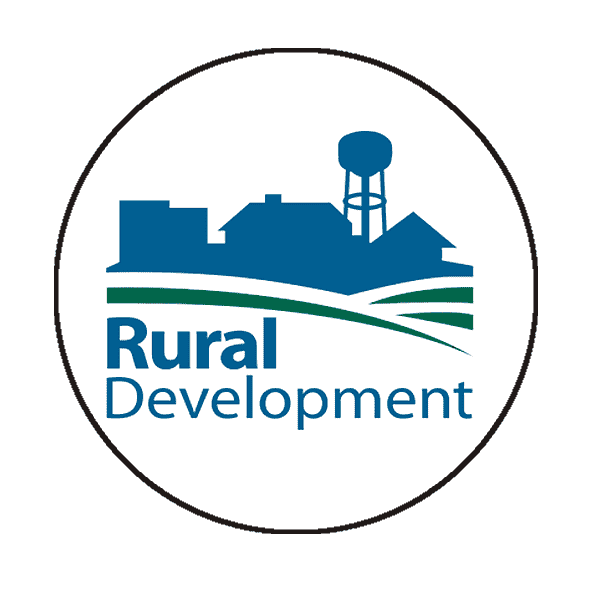Disaster Assistance with FEMA is Non-Taxable
Source: Office of External Arrairs – FEMA–DR 4562-OR–Fact Sheet # 105 | Feb. 24, 2021
Oregon disaster survivors receiving Social Security or other state, or federal government aid have no cause for concern that disaster assistance might affect their benefits.
Federal Disaster Assistance is Not Counted as Income
Internal Revenue Service rules say qualified disaster relief payments are not counted as income as long as the reimbursed expense is not also paid by insurance or other reimbursement.
According to the IRS, qualified disaster relief payments include payments received for the following:
- Reasonable and necessary personal, family, living, or funeral expenses incurred as a result of a presidentially declared disaster. These may include medical, dental, housing, personal property or transportation needs caused by the disaster.
- Reasonable and necessary expenses incurred for the repair or rehabilitation of a personal residence due to a presidentially declared disaster. A personal residence can be a rented residence or one you own.
- Reasonable and necessary expenses incurred for the repair or replacement of the contents of a personal residence due to a presidentially declared disaster.
Qualified disaster relief payments also include amounts paid to those affected by the disaster by a state or local government in connection with a presidentially declared disaster.
Disaster assistance grants are not subject to income tax, self-employment tax, or employment taxes such as Social Security, Medicare and federal unemployment taxes. No withholding is required. However, unemployment payments are considered income under tax rules.
Casualty losses reimbursed by disaster assistance grants are not deductible for income tax purposes. Do not deduct casualty losses or medical expenses specifically reimbursed by disaster relief grants.






